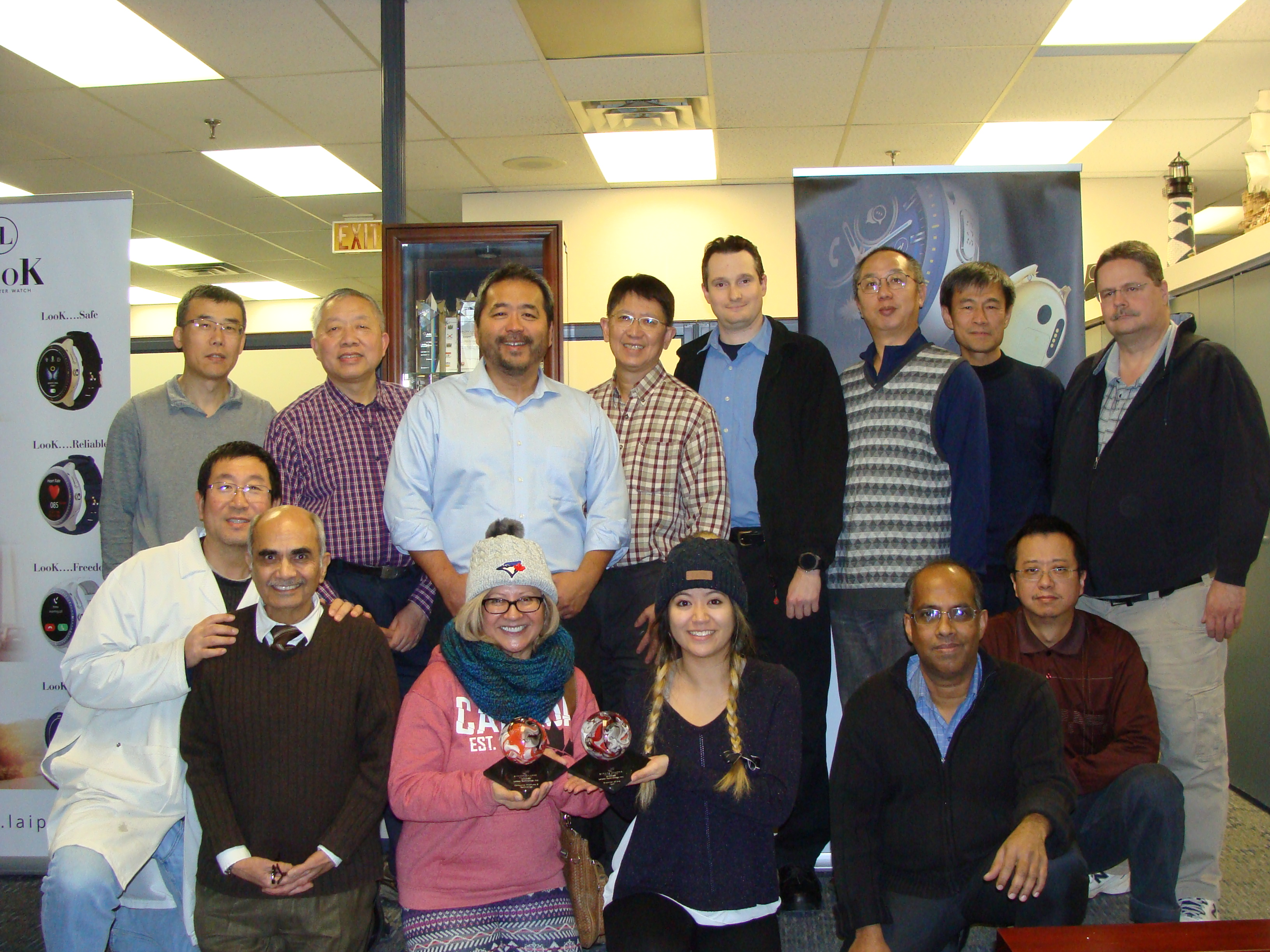Laipac connects the world with its locator devices

Instead of looking for jobs when they immigrated to Canada from Argentina 20 years ago, Diego Lai and his wife, Maria Pacini, wasted no time setting up their own business. Laipac Technology was up and running just two weeks after they arrived.

Laipac, based in Richmond Hill, Ontario, has come a long way since then. Though it employs only 20 people, it has sold its GPS-enabled monitoring and tracking devices in more than 100 countries around the world. The company has won a number of Canadian and international accolades, including being recognized as Ontario’s 2018 exporter of the year. It also took home the consumer products sector award for that year.
Exports make up 95% of Laipac’s sales, and its markets are as varied as its products. The Canadian company’s devices protect automated teller machines at banks in Saudi Arabia. Pemex, Mexico’s state-owned energy company, has installed Laipac vehicle location systems in more than 8,000 of its trucks. Offenders under house arrest in Indonesia wear Laipac tamper-resistant monitoring bracelets.
Russia’s health ministry has bought 10,000 of Laipac’s S911 monitoring bracelets to help seniors live independently. Dmitry Medvedev, Russia’s former president and prime minister, was on hand in Moscow to show off the devices when they were delivered.
The Internet of things (IoT), which refers to everyday devices connected via the Internet to send and receive data, has been a boon to Laipac. Its LooK smartwatch collects heart rate data during a workout, reminds wearers to take their medications, and can send emergency SOS messages to a pre-programmed number, showing the wearer’s precise location. This information could be helpful for users as varied as dementia patients or workers in remote locations.
Diego Lai, who was born in Taiwan, has little doubt that Canada’s trade liberalization drive is helping to broaden his company’s horizons. “Trade agreements are especially helpful for government business,”
he says. “They make the product a bit more attractive because import duties and taxes are lower.”
What’s more, he notes, Canada has “a very good name”
around the world, especially for technology innovation.
Lai notes that Laipac has managed to win business against competitors many times its size. “We are a small company, and we are very agile,”
he says. “We have some good ideas, and we tend to be able to solve customers’ problems. We just do what we do best, and we’re always honest.”
- Date modified: